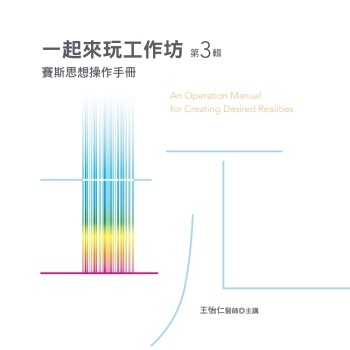This book discusses management and governance initiatives undertaken by agencies and stakeholders towards achieving the Sustainable Development Goals (SDGS) in the Southeast Asian region, specifically Malaysia, Indonesia, Thailand and Singapore. It highlights the theories, methodologies and action plans involved in implementing the goals in these countries and the importance of developing a positive relationship between the public and government agencies.
With contributors coming from a range of disciplines and backgrounds across the Association of Southeast Asian Nations (ASEAN) region, this edited collection provides a holistic quantitative and qualitative approach to achieving the SDGs. In order to realise these development objectives, it argues that a strong understanding of the basic principles of governance across all levels is required, supported by effective citizen participation and conflict resolution. It provides a detailed overview of the importance of governance at the country level, addressing the key elements of an integrated framework to support sustainable transitions. Regional case studies highlight processes and recommendations for improving governance and risk management and elevating citizen awareness and participation.
Good Governance and the Sustainable Development Goals in Southeast Asia is a comprehensive and valuable companion for researchers, government agencies, and professionals with an interest in the SDGs in Southeast Asia and beyond.












